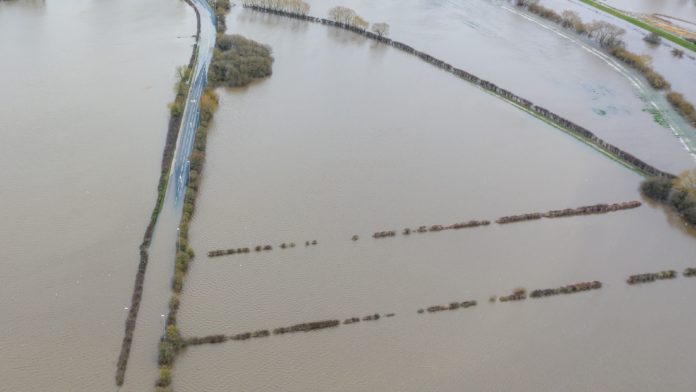Improving water bill reductions for single people living with medical conditions which rely on higher levels of water use is among a raft of sweeping changes to the WaterSure support scheme, being proposed by the Consumer Council for Water (CCW).
The consumer watchdog CCW has submitted six main recommendations to the UK and Welsh governments, aimed at improving the financial assistance provided by WaterSure to lower-income, metered households with high essential water needs due to family size or a medical condition.
It follows a review of the scheme by CCW, which has absorbed views and input from across the water sector and beyond on a series of potential changes to ensure WaterSure remains fit for purpose.
CCW’s recommendations include putting in place an extra bill cap for single occupier households to better reflect the metered water use of one person living with a medical condition, which requires them to use more water.
Other proposed changes include extending the list of qualifying benefits for WaterSure to cover some non-means tested disability benefits, such as disability living allowance (DLA) and personal independence payments (PIP). This would be subject to an upper income threshold.
CCW also wants to see all claimants’ bills capped at the level of the average metered water bill, in cases where it is lower than a company’s overall average bill. This would benefit lower-income households claiming due to the essential water use of children in the household, as well as those claiming due to a medical condition.
Andy White, Senior Leader for Social Policy at CCW, said:
“WaterSure has provided invaluable support to hundreds of thousands of low-income households for almost 25 years, but the time is now ripe for change.”
“With water bills set to rise significantly over the next five years, it’s critical we have robust support in place – particularly for lower-income customers who are living with a medical condition, which places high demands on their water use.”
WaterSure eases the burden on households through capping the water and sewerage bills for metered, lower-income customers that have high essential water usage needs due to a large family or the presence of a medical condition in their household.
More than 230,000 customers benefitted from the scheme in 2023-24, with the average annual bill reduction just under £300 per household.
WaterSure is a statutory scheme in England but is operated on a voluntary basis by the water companies in Wales. CCW has recommended that it becomes statutory in Wales to ensure customers are covered by the same protections.
Other changes put forward include removing the potential requirement for water companies to request a note from a medical practitioner in cases where the condition is not specifically named in the regulations. CCW has already persuaded water companies to voluntarily accept a broader range of evidence or self-declarations from claimants to reduce the potential barriers to help.
Action to bolster awareness of WaterSure – particularly among disabled customers so they do not miss out on extra help – is also identified as a pressing priority in the report.



